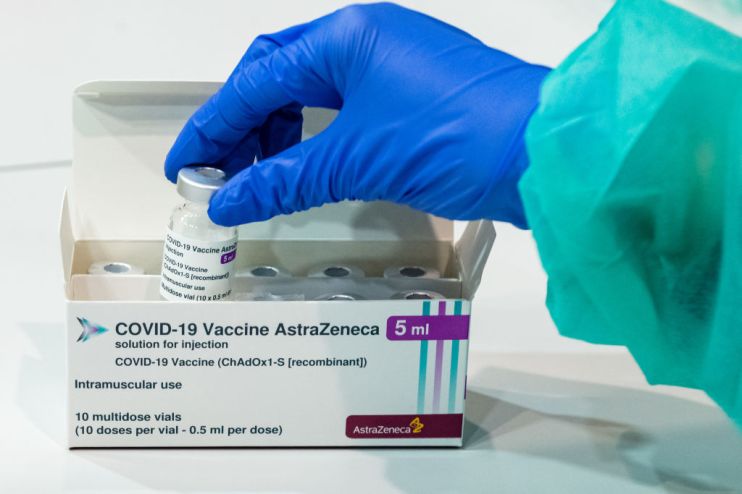France, Germany and Australia turn to alternative Covid vaccines amid Astrazeneca blood clot concerns

A growing number of countries have begun to turn their backs on Astrazeneca’s Covid vaccine amid fears over a potential link to blood clots, despite health agencies around the world insisting it remains safe and effective.
France this morning said it was preparing to recommend that under-55s seek an alternative vaccine even if they have already received a first dose of the Astrazeneca vaccine.
Health minister Olivier Veran said the country’s top health body is expected to make the recommendation later today, when people under the age of 55 will be told to book appointments for the Moderna and Pfizer vaccines.
It comes after Germany reiterated advice that under-60s whose first jab was the Astrazeneca should get a second dose of Pfizer or Moderna.
The advice was first issued last week when Germany halted the use of the Astrazeneca jab in the under-60s over fears it may be linked to dangerous blood clots in the brain.
The European Medicines Agency (EMA) earlier this week concluded that it had found a “possible link” between the Anglo-Swedish firm’s Covid vaccine and very rare blood clots, but that benefits of receiving the vaccine outweigh potential risks.
The EMA also ruled that “unusual blood clots with low blood platelets should be listed as very rare side effects” of the Astrazeneca jab.
But in a simultaneous press conference, the UK’s medicines regulator made the surprise announcement that it was recommending under-30s to seek an alternative vaccine.
A review by the Medicines and Healthcare products Regulatory Agency (MHRA) found that by the end of March, 79 people in the UK had suffered rare blood clots after taking the vaccine — 19 of whom died.
It said potential side effects were extremely rare, but that the risks remained greater amongst younger people. Nearly two-thirds of the cases were among women.
The review prompted the Joint Committee on Vaccination and Immunisation (JCVI), the government’s advisory group, to recommend that people aged between 18 and 29 be offered an alternative vaccine where possible.
The JCVI insisted the recommendation did not amount to a ban on the Astrazeneca jab for young people, but merely “a preference” that they seek an alternative.
Those who have already received their first dose of the Astrazeneca jab should still get their second, the medicines body said.
Professor Jonathan Van-Tam, England’s deputy chief medical officer said the changes being proposed to the vaccination rollout were merely a “course correction”, and that the chances of developing a blood clot after receiving the Astrazeneca vaccine remained “vanishingly small”.
Prime Minister Boris Johnson insisted the UK has enough vaccine supplies to meet its target of immunising all adults by 31 July.
Ministers are understood to be pinning hopes on both the Moderna vaccine, which begun rollout across the UK earlier this week, and Johnson & Johnson’s one-shot Covid vaccine which is yet to be approved in Britain.
Elsewhere, Australia said it has finalised a deal to secure 20m extra doses of the Pfizer vaccine as it rapidly diverges from its previous reliance upon the Astrazeneca jab.
Prime Minister Scott Morrison made the announcement just hours after confirming Australia would halt the use of the Astrazeneca vaccine for people aged under 50 over similar blood clot fears.
He insisted the decision was made with “an abundance of caution”, and that the risk of developing severe side effects after taking the vaccine remained minimal.